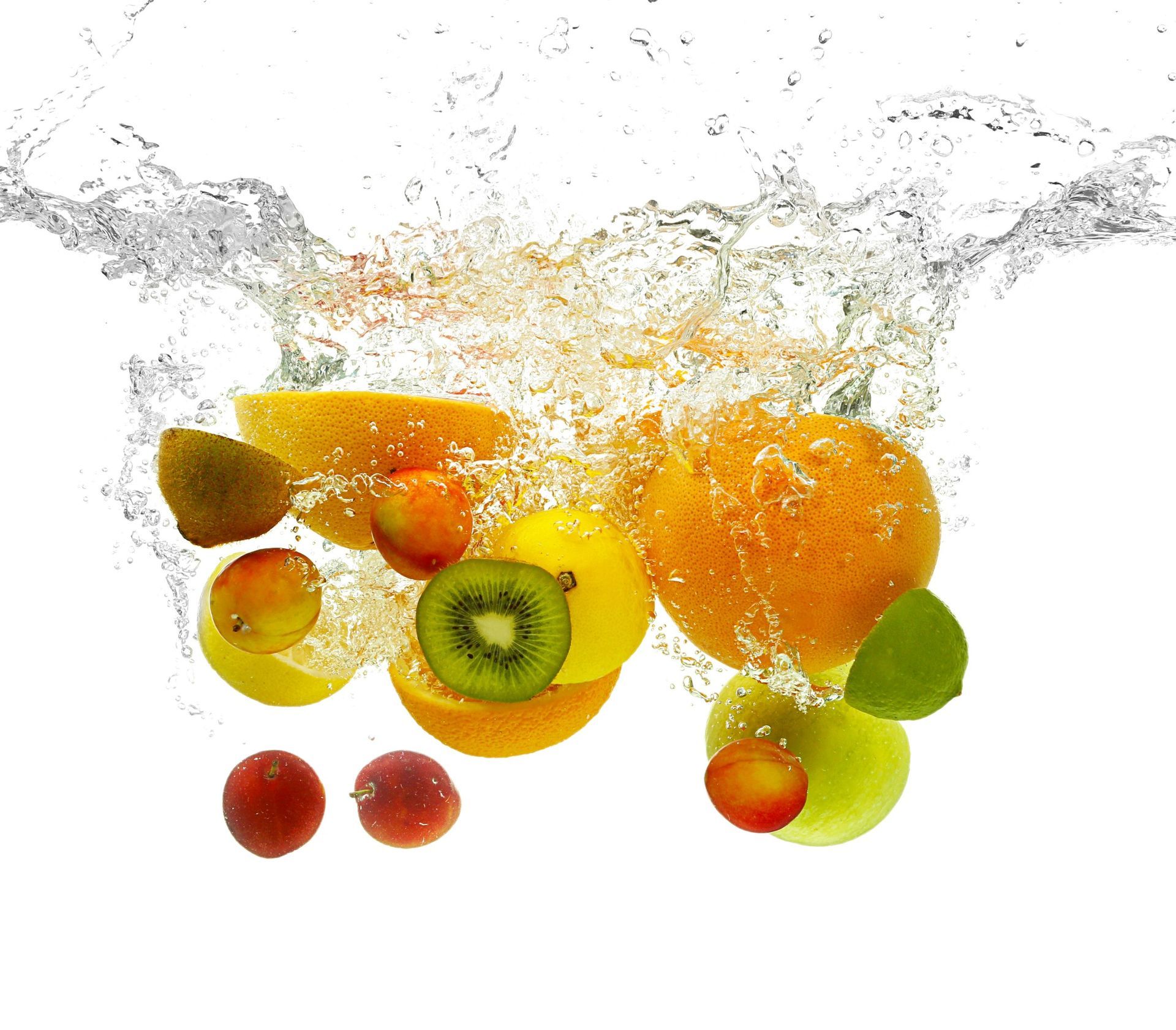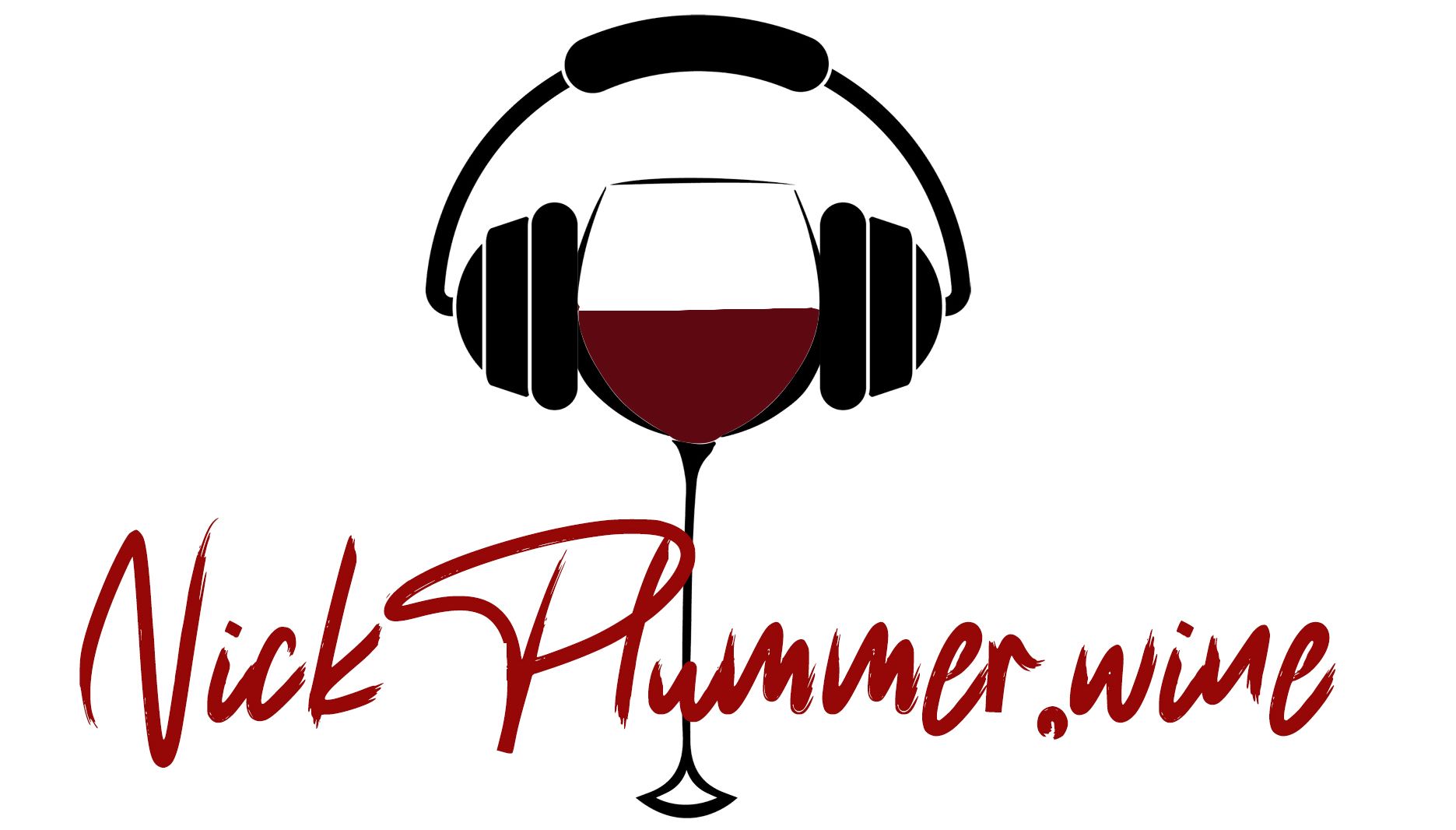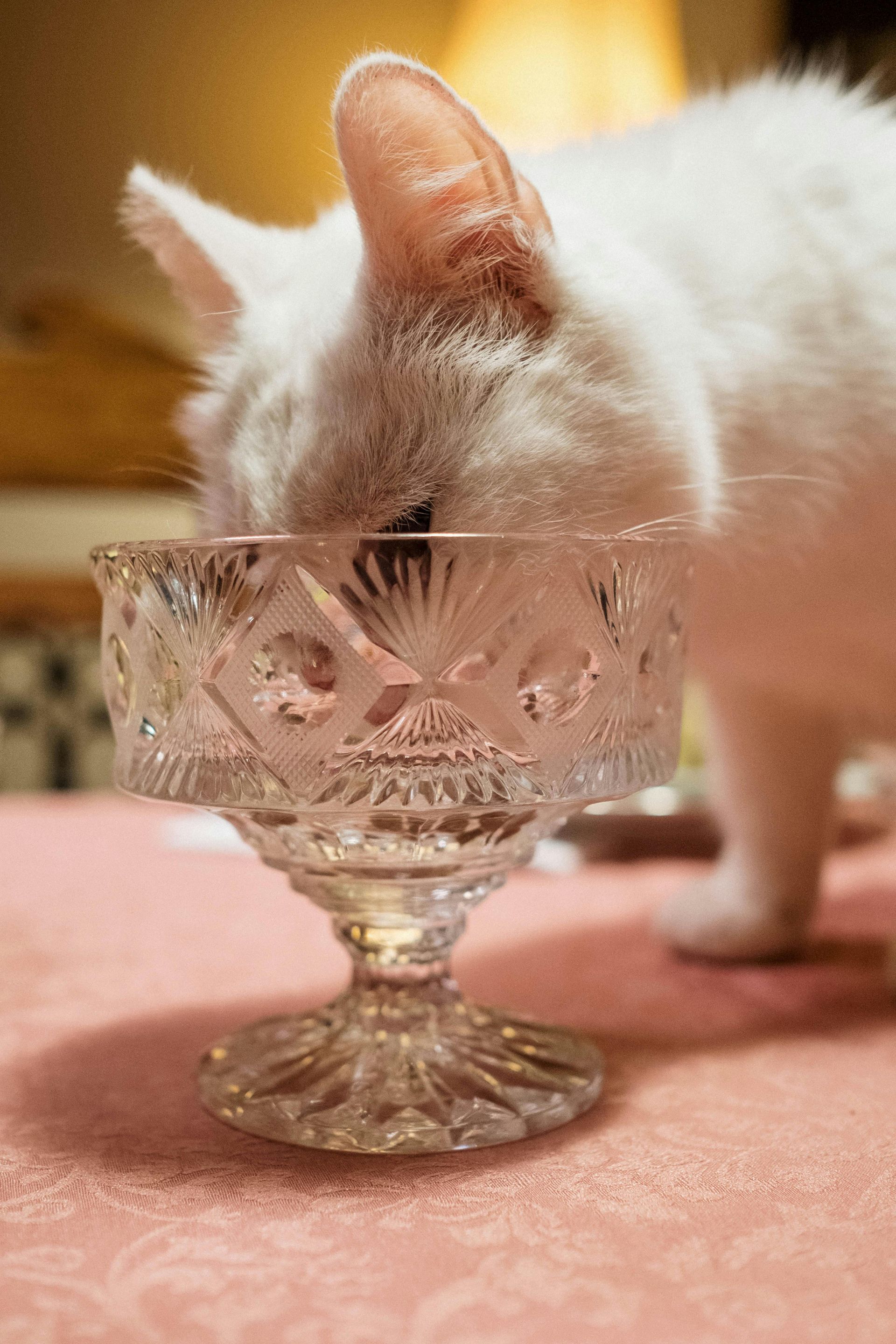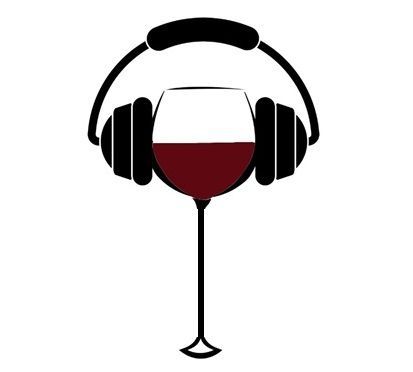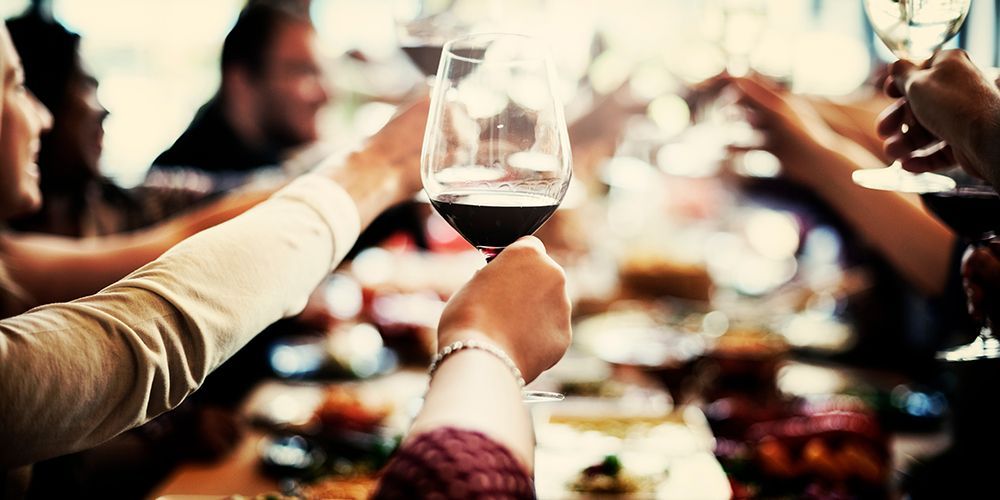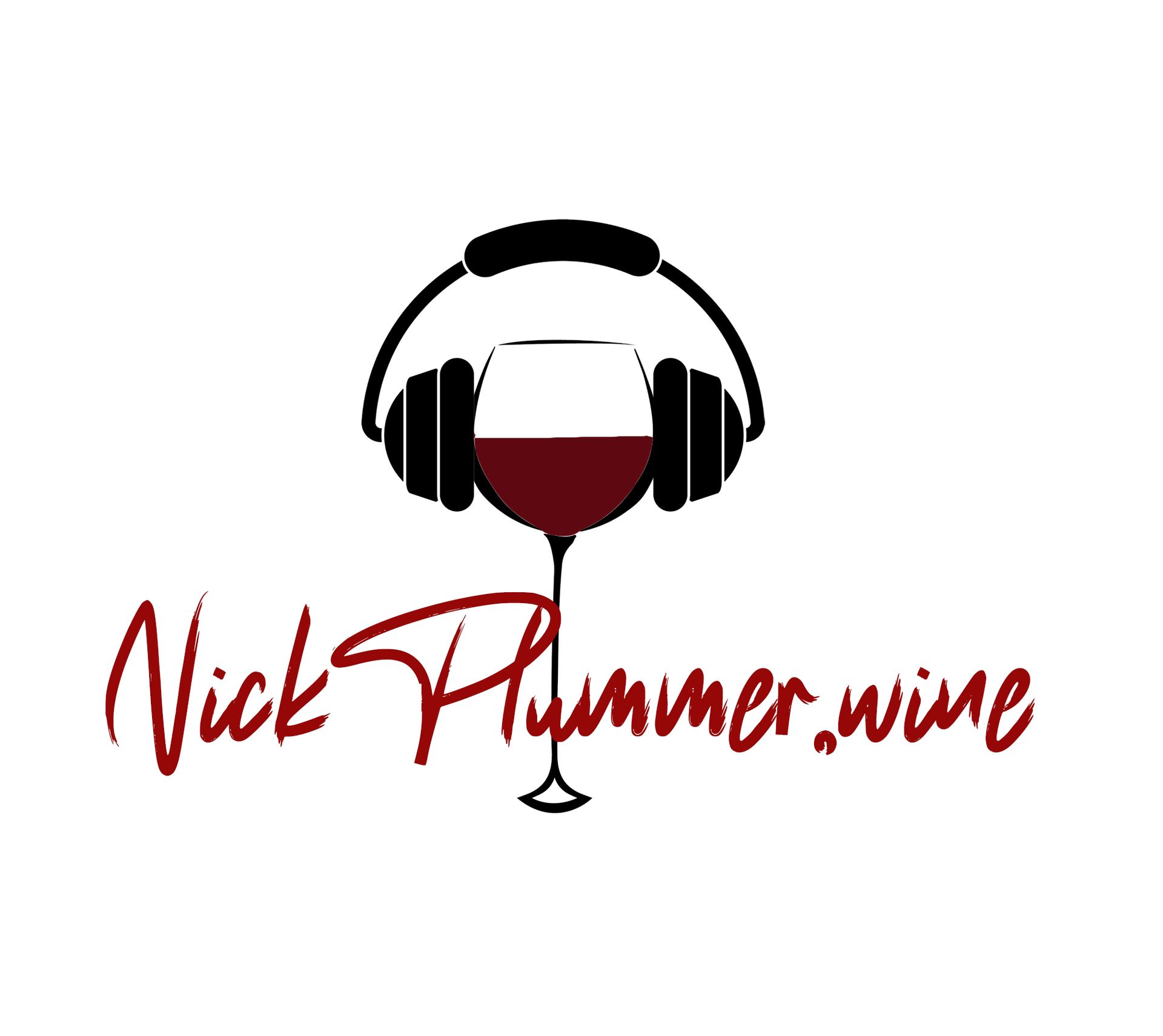Organic wines - overturning preconceived ideas
One ingredient - grapes.
Nothing more, nothing less.
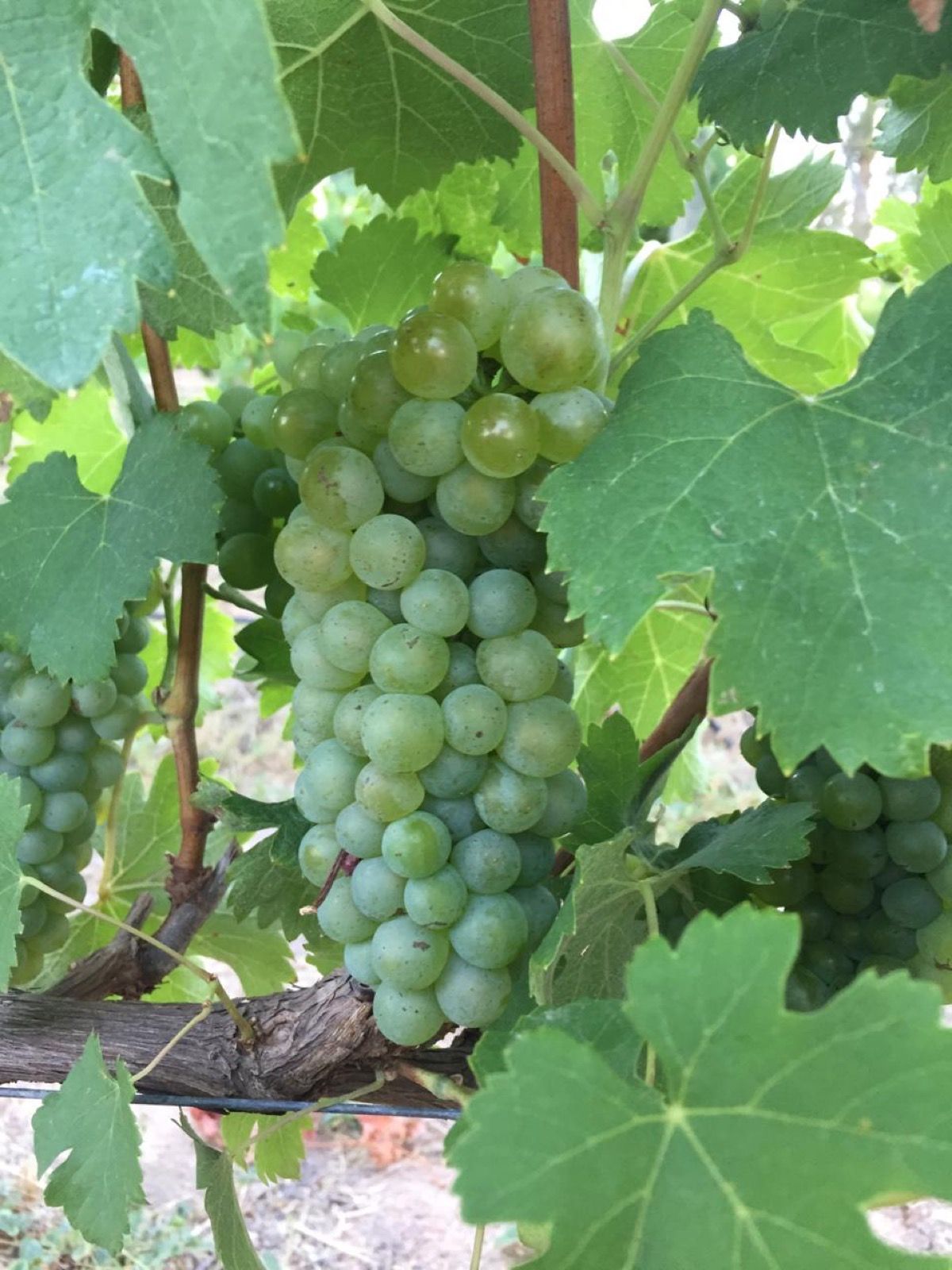
Let's get the fundamentals first:
Organic wine is made with organic grapes. Meaning that during the farming bit of grape growing, there are no chemical agents used - this includes pesticides, herbicides and non-organic composts and fertilisers.
Wine producers can choose to be a certified "Organic Wine Farm," which, in South Africa, requires a number of years of stringent inspections by "the suits," and standard and practices must be maintained, AND the farm must pay for the pleasure of being certified.
In these financially squeezing times for wine producers, being fully certified as an organic producer isn't a viable option, but many farms choose to adopt organic crop control practices, sustainable agriculture methods and "minimal intervention" in the cellar (more of this later).
If farms operate to these quite exacting and manually intensive standards, they will be glad to make you aware of them - they are justifiably proud of working solely with nature to nurture their crops.
That's the farming bit, but there are also additional "organic" measures that take place in the cellar, once the grapes have been harvested.
Minimal- or non-intervention is a phrase you'll hear quite often. Simply put, it refers to the absence of artificial stimulants that assist in the fermentation or maturation process - the grapes are allowed to ferment on their own, which may take a little longer than normal due to the natural chemical breakdown of the fruit, and once bottled, only a very small amount of sulphur dioxide (up to half the content that is added to conventional wines) is added.
At this moment, I refuse to go down the rabbit hole of the discussion of the addition or presence of Sulphur Dioxide / sulfites in wines - but there's a well-explained article on the Wine Spectator website here.
There are a number of theories surrounding Organic Wines, most of which are unfounded:
- It's vegan. Nope. Some organic wines may use animal products in their production processes, such as egg whites or fish bladders, which are added to clarify the wine, and to remove some of the more hash tannins. Sounds a bit yucky, but it makes the wine look clear and pretty.
- The date on the bottle is a "best-before" date. Yeah, I guess you're somewhat glibly referring to the vintage, intimating that the wines don't have a long shelf life. Regardless of the lower sulfite levels risking the stability of the wine, if it's stored correctly (stable cool, dark conditions), it should last.
- Not the best quality. You could say this about some expensive wines, made using conventional chemically-intervened processes, but that's down to very good marketing. The quality of a wine depends on the base product, the grape: how it is grown, when it is harvested, and how it is vinified.
- You can't keep "left-over" organic wine. I'm not too sure what "left-over" wine actually is, but I guess you're talking about the wholly unacceptable practice of popping the cork back in and saving it for another day. Anyhoo, organic or not, wine will last perfectly well in this status of "left-over" for 3 to 5 days, if it is properly closed and refrigerated.
- Organic = very expensive. True to a point - if you're after a cheap everyday wine, you won't find one with an "organic" label, and organic wines do tend to cost a little more due to the increased number of manual interventions in the winemaking process. But compared to a wine of equivalent quality, there really isn't a cost difference.
There are fewer than 30 officially certified organic / biodynamic wine producers in South Africa. But many more do operate a strict (un-certified) policy of organic practices, and minimal intervention.
Why not try a wine that contains just grapes?
Here are just a few of the producers we represent; who follow organic, sustainable or minimal intervention practices:
Avondale
Bosman
Botanica
Hughes Family Wines
Jacaranda
Kanonkop
Kleinhoekkloof
Nitida
Radford Dale
Reyneke
Nick Plummer Blog

